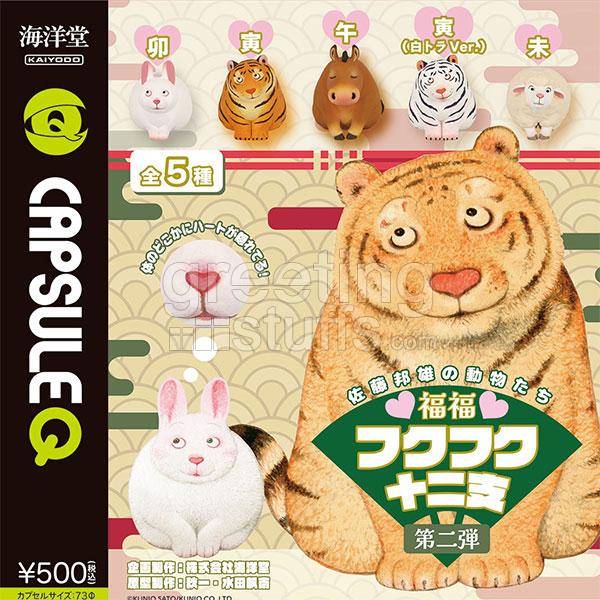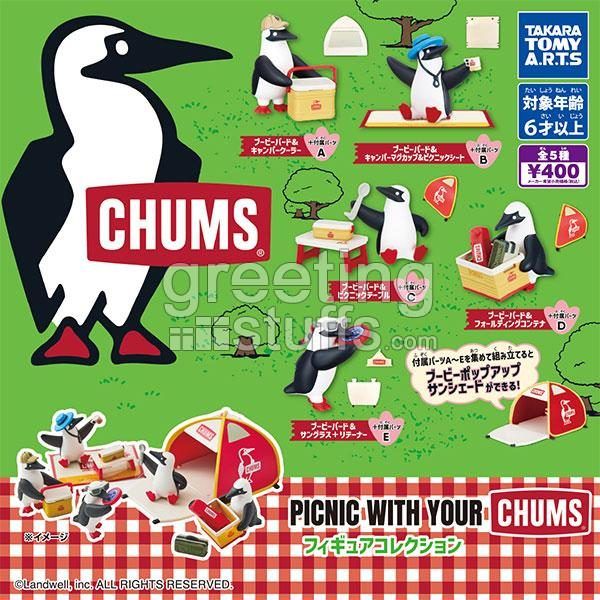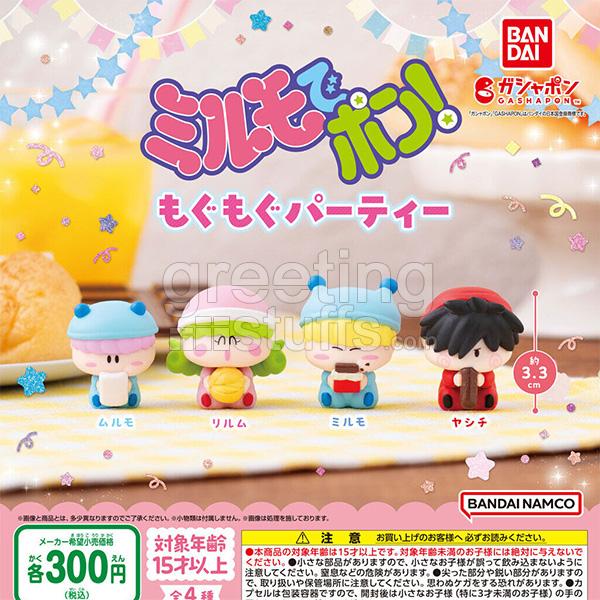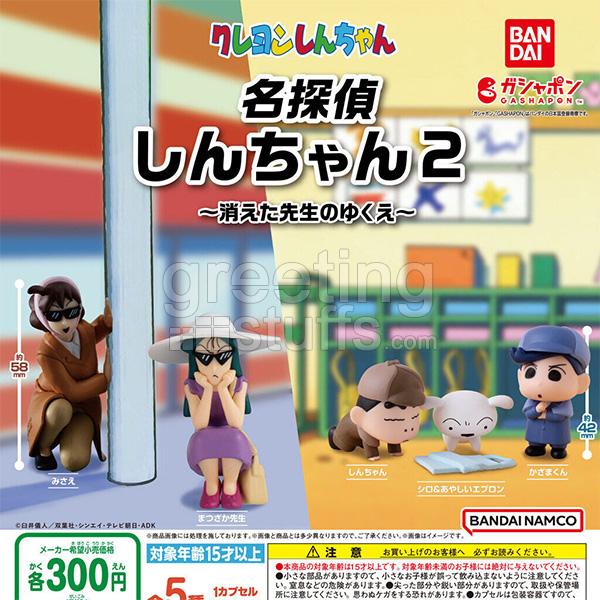
Birthday in One’s Life 🙂


Birthday is the name given to the day that some people in many cultures celebrate the anniversary of the day they were born. It is often marked by a birthday party and/or friends when gifts are given to the person celebrating the birthday. It is also customary to treat people specially on their birthday, either generally acceding to their wishes, or subjecting them to a rite of transition.
It is thought the large-scale celebration of birthdays in Europe began with the cult of Mithras, which originated in Persia but was spread by soldiers throughout the Roman Empire. Such celebrations were uncommon previously so practices from other contexts such as the Saturnalia were adapted for birthdays. Because many Roman soldiers took to Mithraism, it had a wide distribution and influence throughout the empire until it was supplanted by Christianity. The Jewish perspective on birthday celebrations is disputed by various rabbis.
Celebration of birthdays is not universal. Some people prefer name day celebrations, and Jehovah’s Witnesses do not celebrate either, considering their origins to be pagan festivals along with Christmas and Easter. Some adults loathe celebrating it as it reminds them that they are getting progressively older.
Typical birthday party decorations include balloons , streamers and confetti. For special birthdays and for when the number of candles might be considered impractical or a fire hazard, special candles are substituted for the many individual candles in the shape of a numeral. For example, on the fifth birthday there may be one candle on the cake in the shape of the numeral 5, and on the fiftieth birthday there may be two candles on the cake, one in the shape of the numeral 5 followed by the other in the shape of the numeral 0.
A birthday is considered a special day for the person, and so the person will often get special treatment from friends and family. This is especially true for children who cannot wait for their own special day. In addition to parties, people often receive gifts on their birthday.
Birthday parties for children often include fun games which are relevant to the local culture, or the visit of a magician to entertain. There are also traditions of surprise parties. Not all traditions are equally generous. In certain circles the birthday boy or girl is expected to treat their party guests; this varies depending on the local culture and may involve party gifts or other nice gesture. In some cultures the birthday at which the youngster reaches the legal age for alcohol consumption may be celebrated with a party at which free or abundant alcoholic drinks are available.
Sashtiabdhapoorthi is a Sanskrit name for a special ceremony on a person’s sixtieth birthday. It has a special place in the Hindu tradition since the Hindu calendar follows a 60-year cycle. On this day, all the celestial bodies are said to align in exactly the same way they were during the birth of the individual concerned. The entire family gathers to give and seek blessings to and from the subject for continued good health and prosperity. The subject and their spouse reaffirm their wedding vows and there is a re-enactment of their wedding ceremony.
East Asian age reckoning is a concept that originated in China and is used in East Asian countries. Several East Asian cultures, such as Chinese, Japanese, Korean, and Vietnamese, share a traditional way of counting a person’s age. Newborns start at one year old, and each passing of a New Year, rather than the birthday, adds one year to the person’s age; this results in people being between 1–2 years older in Asian reckoning than in the Western version. Today this system is commonly used in Koreans’ daily life, with exceptions to the legal system and newspaper. In China and Japan it is used for traditional fortune-telling or religion, and it is disappearing in daily life between peoples.
Ref: wikipedia.com











